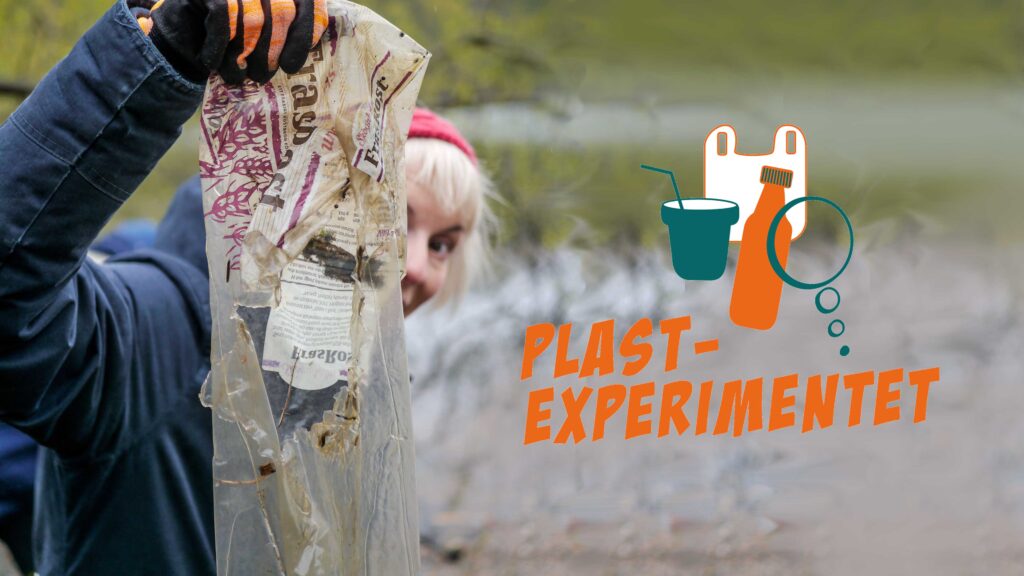The first report of the Plastic Experiment, a citizen science project involving young people and members of the public from across Sweden, has now been published. The most plastic litter per square meter was found at bathing areas and beaches. Cigarette butts and soft plastic packaging were the most common type of plastic found. Will this be the case this year too?

“Plastics are important materials, but the extensive production and use of them has become a global problem that affects all aspects of our lives,” said Professor Bethanie Carney Almroth, a researcher at the University of Gothenburg and the scientific lead of the Plastic Experiment.
In order to investigate how plastic ends up in the Swedish natural environment, the Plastic Experiment was launched in 2022, a citizen science project where members of the public and school classes collect, categorise and weigh plastic litter. The aim is to find out what types of plastic products end up in the Swedish environment, and where. The project is a collaboration between the Keep Sweden Tidy Foundation and the Swedish science festival ForskarFredag, which is coordinated by the non-profit association VA (Public & Science). Members of the public and school classes are involved in mapping plastic pollution around the country. In addition to contributing to the data collection, participants gain an insight into how research is conducted. The results are then analysed by researchers at the University of Gothenburg. A report on the findings from the first year of the project has now been published.
“Everyone’s help is needed to solve the challenges that we are facing, and everyone can contribute! We need more knowledge about when, where and how plastic ends up in the natural environment. We encourage you to get in involved in this research,” urges Professor Bethanie Carney Almroth.
Some findings from the report:
- Bathing areas/beaches are the type of natural environment where the highest average values were registered both in terms of the total number of plastic items and their weight per square meter.
- The most common categories of plastic litter collected were: Cigarette butts 25%, Soft plastic packaging 13%, Plastic bags 10%, Other categories of plastic 52%.
- Young people’s attitudes and behaviour with regard to littering were also investigated during 2022 and this study is continuing throughout 2023.
This year, the Plastic Experiment has two data collection periods: 17 April – 31 May 2023, and 1 September – 13 October 2023, as part of the ForskarFredag science festival. To be able to achieve a nationwide mapping and better overview of how plastic is spread in natural environments, the researchers are particularly hoping for more people in rural areas and in the northern parts of Sweden to participate.
Anyone is welcome to take part (individuals, school classes, associations etc.). To date, over 3,200 people have registered their interest in participating.
More information about the project: https://forskarfredag.se/researchers-night/mass-experiments/the-plastic-experiment-2022/
Facts about the Plastic Experiment
The Plastic Experiment is a collaboration between the Keep Sweden Tidy Foundation, the non-profit association (VA Public & Science) via ForskarFredag, which is part of the European science festival European Researchers’ Night, and the University of Gothenburg.
The scientific leads for the Plastic Experiment are Professor Bethanie Carney Almroth, a researcher in Ecotoxicology and Zoophysiology, Emil Larsson, a research assistant, and Magnus Bergquist, a researcher in the Department of Psychology, all at the University of Gothenburg.
